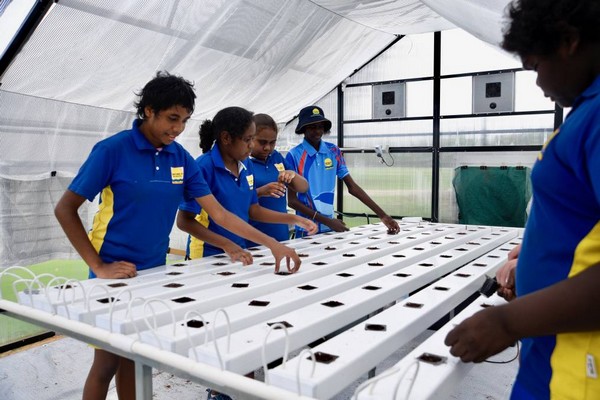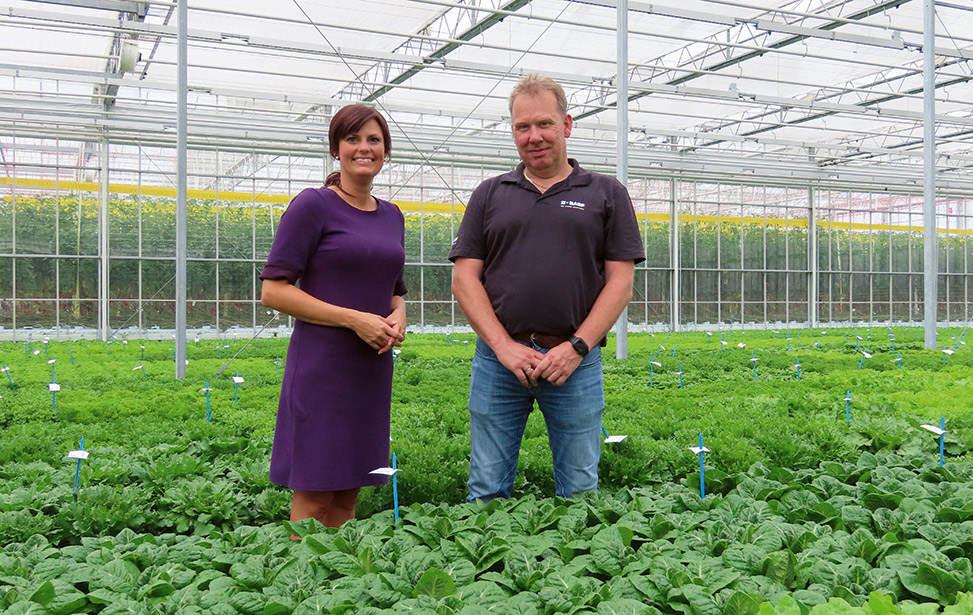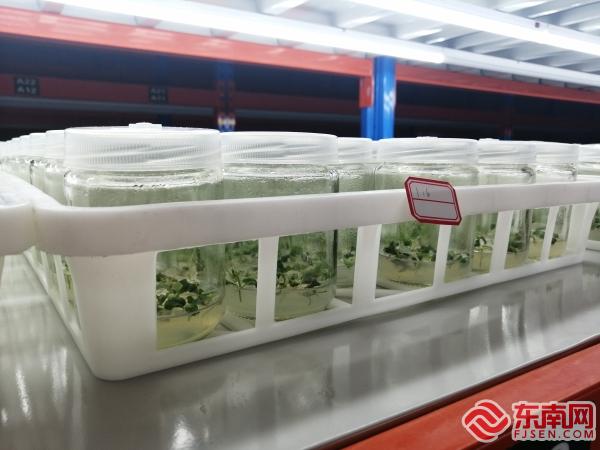Thomas Lilja invested SEK 7.5 million in new greenhouse lighting for his tomato cultivation. But record high electricity prices are forcing him to turn it down. 30 tons of tomatoes go to waste and now he gives up the dream of growing all year round. “That’s the bill we have to pay for a long-term bad energy policy,” he says to TN.
– Half the crop has withered now. Winter farming is a closed chapter for this company because I don’t see any improvement in the next ten years. That is the bill we have to pay for a long-term bad energy policy in Sweden, says Thomas Lilja, CEO of Elleholm’s tomato farm in Blekinge.
Last spring, he installed 1,600 special lights in his greenhouses to be able to grow tomatoes all year round. The idea was to increase the company’s turnover while at the same time satisfying the increasing number of consumers who want to eat Swedish food all year round.
– For us as a greenhouse company, it is also an advantage to be able to offer more people year-round employment. When we can only offer jobs 8-10 months a year, it is sometimes difficult to get the workforce back then.

“I have invested 7.5 million in this lighting, so it is a big investment. But then it turned out to be shit”
Thomas Lilja also saw the investment as part of Sweden’s new food strategy, which aims to increase the degree of self-sufficiency in food. Increased production would create more jobs and greater tax revenue, but instead it is going in the wrong direction.
– I have invested 7.5 million in this lighting, so it is a big investment. But then it became shit. 2021 will not be a good year – it will be a crap result. The fourth quarter was a disaster. It didn’t turn out at all as I had imagined.
Employees had to leave
In December, his electricity price was around two kroner per kWh, while a year earlier it was 35–40 öre. He had expected an electricity bill of 100,000 kroner in December, but instead it landed at half a million kroner.
– During the 15 years that I have run this company, our electricity price has been 35-40 öre per kWh. When it reached over three kroner, I turned off half the illuminated cultivation, which led to the plants taking a beating and dying.
“During the 15 years that I have run this company, our electricity price has been 35-40 öre per kWh. When it reached over three kroner, I turned off half of the illuminated cultivation, which led to the plants taking a beating and dying.” That’s what tomato grower Thomas Lilja says.
For Elleholm’s tomato farming, this means a return to the previous cultivation cycle that begins with planting in January and ends in November, but it also means that three out of seven employees had to leave the company.
– In the short term, this is a real blow, but in the long term it doesn’t mean much. We can grow without lighting as we did before, but the investment will be a backpack we carry with us for a long time to come. We never get the full effect out of it and it feels sour.
Low trust in energy policy
Svenskt Näringsliv’s business panel in January, where 1,428 companies responded, shows that confidence in energy policy has declined recently.
When asked how much confidence the business owners have that the current energy policy can meet the future demand for electricity, in November 33 percent answered “no confidence at all”. In January, that figure had increased to 41 percent. In total, it is now close to eight out of ten who have “fairly little” or “no” trust.
Thomas Lilja is one of the entrepreneurs with a dark view of the future electricity supply in the country. Among other things, he is critical of politicians who say that it is wind power that will solve the electricity shortage.
– A modern high-tech society requires electricity all the time, not just when it’s windy. If we don’t have enough electricity, we will have to engage more and more in partial blackouts like they have in Texas and California, among others.
“Should everyone have to move to Norrland just because the electricity is cheaper there?”
What he would like to see is for the government to scrap the electricity zones, review the electricity tax in the short term and start planning for predictable electricity production in southern Sweden.
– Right now we are building in different competition conditions in the country. Should everyone have to move to Norrland just because the electricity is cheaper there? If I were a local politician in southern Sweden today, I would be terrified because investments and establishments will be postponed when there is no electricity.
A source: https://www.tn.se












